It was once the case that a single royal appearance in Windsor-approved attire could propel a little-known label into the global spotlight overnight, flooding it with orders and cementing its place in the style pages.
And yet, in recent years, the royal halo effect has lost its power to shield British brands from harsh economic realities.
Time and again, once-celebrated names, blessed with high-profile royal endorsements and in some cases even the prestigious royal warrant, have crumbled under the weight of modern retail pressures.
From global inflation to the rise of online shopping, and pandemic-related disruptions to the fickle cycles of fashion itself, these companies discovered the hard way that even royal patronage could not guarantee survival.
Take Cefinn, the sleek workwear brand founded by Samantha Cameron, once hailed as the epitome of understated confidence.
With both the Princess of Wales and Queen Camilla spotted in her designs, the label looked destined for longevity.
But just eight years after its glittering debut, Cefinn announced it would be shutting its doors, unable to withstand mounting costs, dwindling consumer confidence, and a market more ruthless than ever.
Cefinn
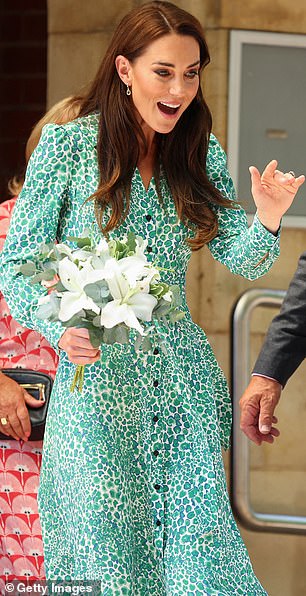
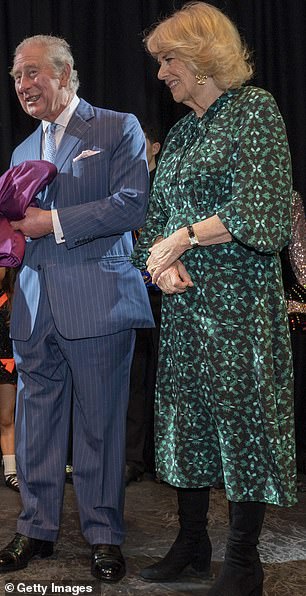
Samantha Cameron founded her fashion label Cefinn in 2017, and the brand has been worn by Kate and Camilla. Now, eight years later, the company is preparing to close as a result of industry pressures which made it impossible for the label to stay afloat
Vampire’s Wife
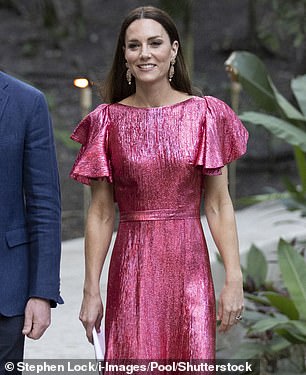
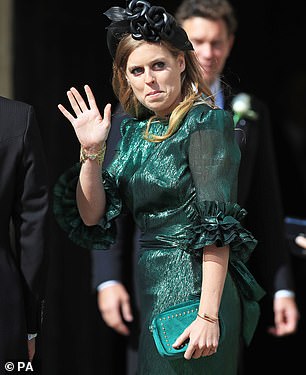
Kate Middleton and Princess Beatrice have often been seen wearing The Vampire’s Wife trendy, glittery dresses over the years, however the brand ceased trading in 2024 after a decade amid struggles to recover from the pandemic and repay an outstanding tax debt. In an announcement from founder Susie Cave, she said they were closing its doors due to factors beyond their control
Hunter

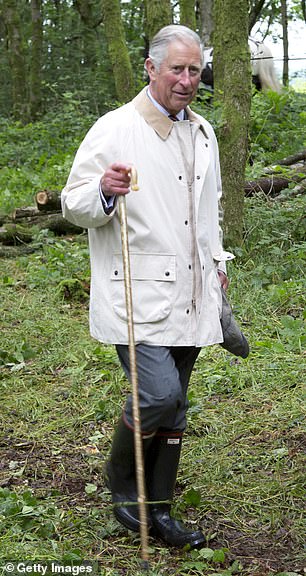
Hunter Boots, which had a royal warrant from the late Queen Elizabeth, dramatically went into administration in 2023 with debts of £113million. Administrators blamed the decline on dry weather in the US, as well as sky-high inflation, high freight costs and its Chinese factory closing during the coronavirus pandemic. American company ABG now owns the brand and has relaunched it
Issa


The fashion brand Issa closed in 2015 after struggling to finance the increased demand for its products following Kate Middleton wearing its famous blue wrap dress for her engagement announcement in 2010. After the publicity, the founder Daniella Helayel quit, and the brand ultimately shuttered
Seraphine
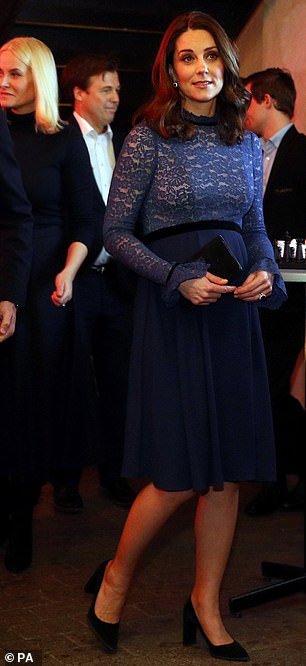
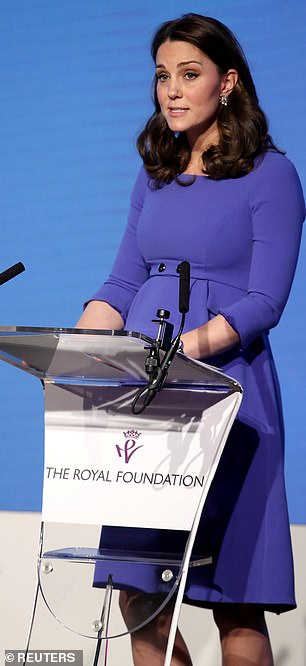
The maternity fashion retailer Seraphine, whose clothes were worn by the Princess of Wales during her three pregnancies, ceased trading and entered administration earlier this year, and the majority of its 95 staff were made redundant. The retailer, founded in London in 2002, was hit hard by rising costs and brittle consumer confidence, with these economic challenges proving too challenging to overcome
Orla Kiely
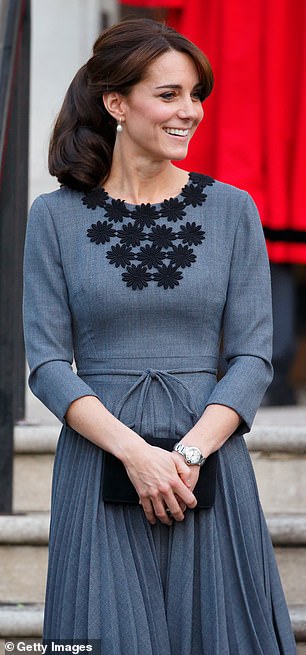
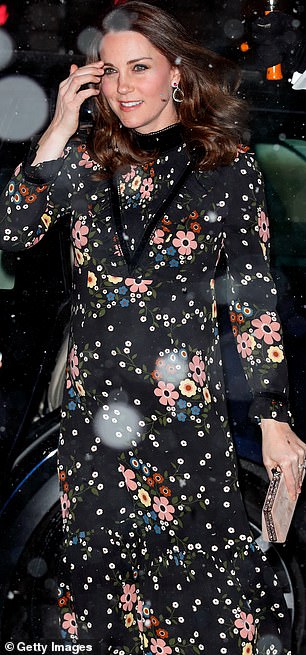
In 2018 Orla Kiely closed its website and stores after 23 years, entering voluntary liquidation following various challenges after diversifying too much with homeware and accessories. The brand, with its distinctive floral-based fashion, became a favourite of Kate’s and has since returned with just accessories and homewear
Ted Baker
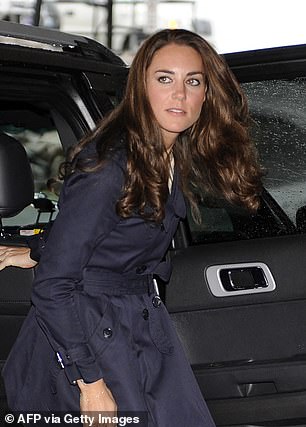
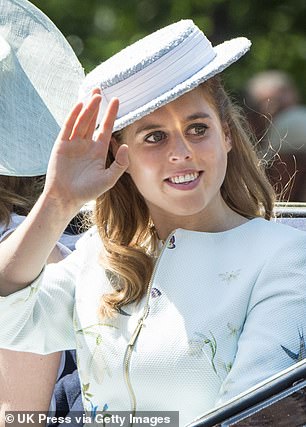
Ted Baker announced store closures in 2024 after collapsing under administration. The brand was worn by the Princess of Wales and Beatrice who boosted their sales. However, after suffering from years of instability they left the High Street and have since relaunched their online business
Cefinn is far from alone. Over the past decade, a roll call of once-prominent labels, from Hunter Boots to The Vampire’s Wife, have all collapsed, scaled back, or been forced into administration.
All had, at one time or another, basked in the glow of royal approval. The Princess of Wales’s fondness for Issa’s famous wrap dress made the label a household name overnight.
Yet this backing couldn’t shield them from the same financial storms battering the wider retail industry.
In today’s climate, a royal mention is no longer a golden ticket. At best, it brings a brief surge in sales. At worst, it places unbearable pressure on a brand that may not have the infrastructure to cope with global demand.
The so-called ‘Kate effect’ may empty shelves for a week, but it cannot sustain long-term growth.
